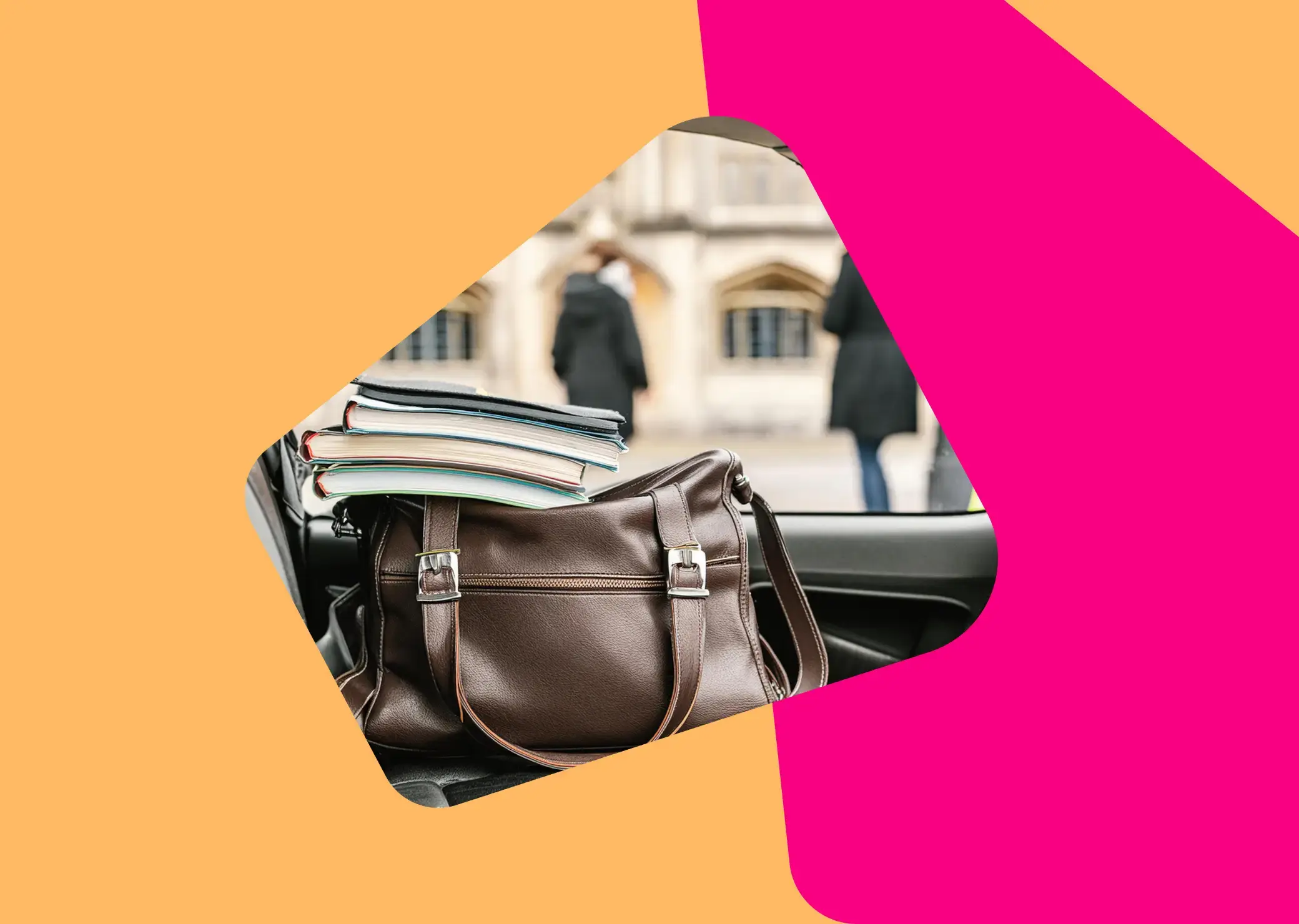- Carmoola
- Blog
- Car Finance
- Can I claim back VAT on my HP finance?
- 🗞 Car Finance
- Last updated: Jul 8, 2022
- 5 Min Read
Can I claim back VAT on my HP finance?
Written by

Verified by


See how much you can borrow in 60 seconds
| Representative Example | |
|---|---|
| Loan amount | £10,000 |
| Interest rate | 13.9% APR |
| 54 payments of | £246 |
| Total cost of credit | £3,284 |
| Option to purchase fee | £1 |
| Total payable | £13,285 |
Considering getting a new car on hire purchase, and wondering where you stand with the VAT? The UK tax system is not known for being straightforward, and it can be tricky to get to grips with how it works. That’s where we come in!
Let’s take a look at VAT and what it means for your hire purchase finance agreement.
What is VAT and how does it apply to car finance?
VAT - or Value Added Tax, to give it its full title - is a tax that’s added to goods and services in the UK. It tends to be included in the price you pay for things at the point when you buy them.
If you’re in the market for a new set of wheels, you should know that VAT is typically included in the price of both new cars and used cars. The standard rate of VAT is 20%, which means the price you pay for your car will include a 20% tax as part of the purchase price (as opposed to being charged separately later).
VAT applies to practically all new cars, regardless of whether you’re buying the vehicle outright, on finance, or leasing it.
Does VAT affect hire purchase finance?
When it comes to VAT, hire purchase (HP) finance is classed as a ‘purchase’, so VAT is charged in the same way as if you were buying the car outright.
When you take out HP finance to buy a car, the finance company charges VAT upfront, and then they take it into account when they work your monthly repayments. You then pay the VAT as a portion of your repayments.
If you’re thinking about how to claim back the VAT on a HP finance deal, then you might be disappointed. Under the current rules, because HP is treated as a purchase, you can’t claim back the VAT. Sorry to be the bearer of bad news!
Are there exceptions to rules around VAT on car finance?
That said, if you’re a business, it’s a slightly different ball game. It depends on a few things, but you might be able to claim back some of the VAT on your car finance in some cases.
If your business is VAT registered you can usually reclaim the VAT on cars (and vans) that are used only for business. That means, you’re not driving these vehicles on family road trips or using them to do the weekly food shop. They’re exclusively for business use.
If you’re buying a car that’s specifically designed for business use - like a taxi, a hire car, or a car used for driving lessons - then you can usually reclaim the VAT.
Bear in mind that these are general rules and many car finance providers won’t lend if a vehicle is being purchased for business use. It’s always best to check your specific finance agreement to see for certain if you can reclaim the VAT on your wheels, or whether in fact you are eligible for finance if you’re considering using your new set of wheels for business use.
Can I reclaim VAT any other way?
We’ve been focussing on hire purchase, but there is another way. If you lease a car for your business, you can usually claim 50% of the VAT back. The reason it’s only half is because HMRC assumes you’ll use the car for personal purposes (road trips across the South of France, weekly food shops to Aldi etc.) as well as for business purposes.
If you’re eyeing up a new ride for your business, make sure you check out all your options so you can do things in the most cost-effective, tax-efficient way for you.
Disclaimer: Carmoola does not provide financial or tax advice. You should always seek independent advice which takes into account your personal circumstances. For more information on VAT on vehicles and motoring expenses please visit the government website Carmoola also does not currently accept finance applications for cars that will be used for business use.
FAQs about VAT on HP finance
Can I ever get VAT back on a car purchase through HP finance?
If you’re a VAT-registered business, you can reclaim VAT on a car you’re buying via HP finance, as long as the car is designed for business use (like a taxi), or is only being used for business purposes.
How do I determine if my car use qualifies for VAT reclaim?
If you want to reclaim the VAT on your car, you have to be able to show that the car is being used “wholly and exclusively” for business use. There are a few ways to do this, including:
- Pool cars - that is, cars that are parked overnight at the workplace, and can be used by a number of different people - are pretty easy to justify as exclusively business vehicles
- You could take out your car insurance and specify it’s only for business use - this shows that you don’t intend to use the car for personal purposes (and you won’t be insured for personal use of the car)
- You could ask your employees to sign a clause in their contract stipulating that they won’t use the company vehicle for personal use, including commuting.
Make sure you keep thorough paperwork, including detailed mileage records, so that you have evidence of exclusive business use of the vehicles.
Are there any tax implications for claiming VAT on a business car?
See how much you can borrow in 60 seconds
| Representative Example | |
|---|---|
| Loan amount | £10,000 |
| Interest rate | 13.9% APR |
| 54 payments of | £246 |
| Total cost of credit | £3,284 |
| Option to purchase fee | £1 |
| Total payable | £13,285 |
Related articles
What is road tax and how much is it?
Let’s talk tax… Like an international superspy or master of disguise, road tax goes by many names. You might see it called...
What is hire purchase (HP) finance?
Hire Purchase (HP for short) is a popular type of car finance that lets you spread the cost of a new or used car into monthly...
Can I claim tax back on my car finance?
When you’re running your own business, every penny counts. That’s why it’s important to know where you stand when it comes to tax...

.webp?width=832&height=592&name=customer-support%20(1).webp)












.webp?width=400&height=285&name=online-shoppers-with-dog%20(1).webp)


.jpg?width=500&height=356&name=Vintage%20car%20going%20to%20an%20old%20town-1%20(1).jpg)





